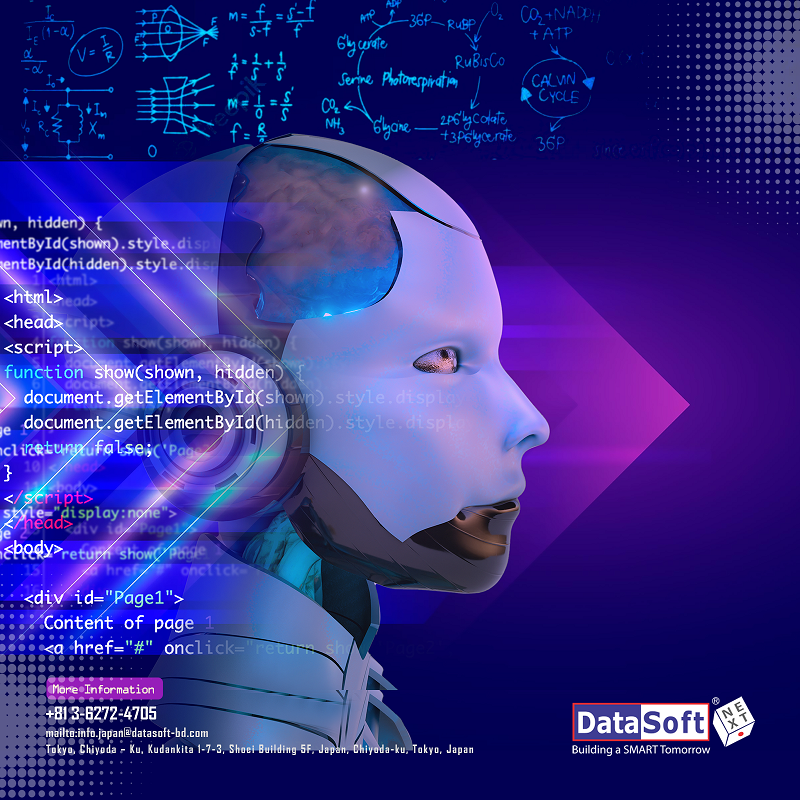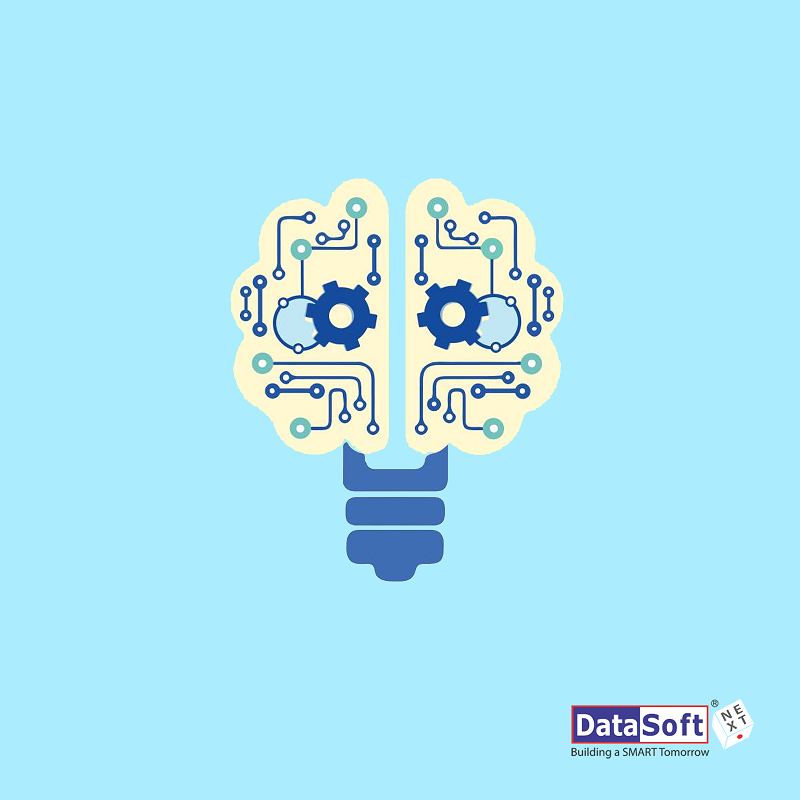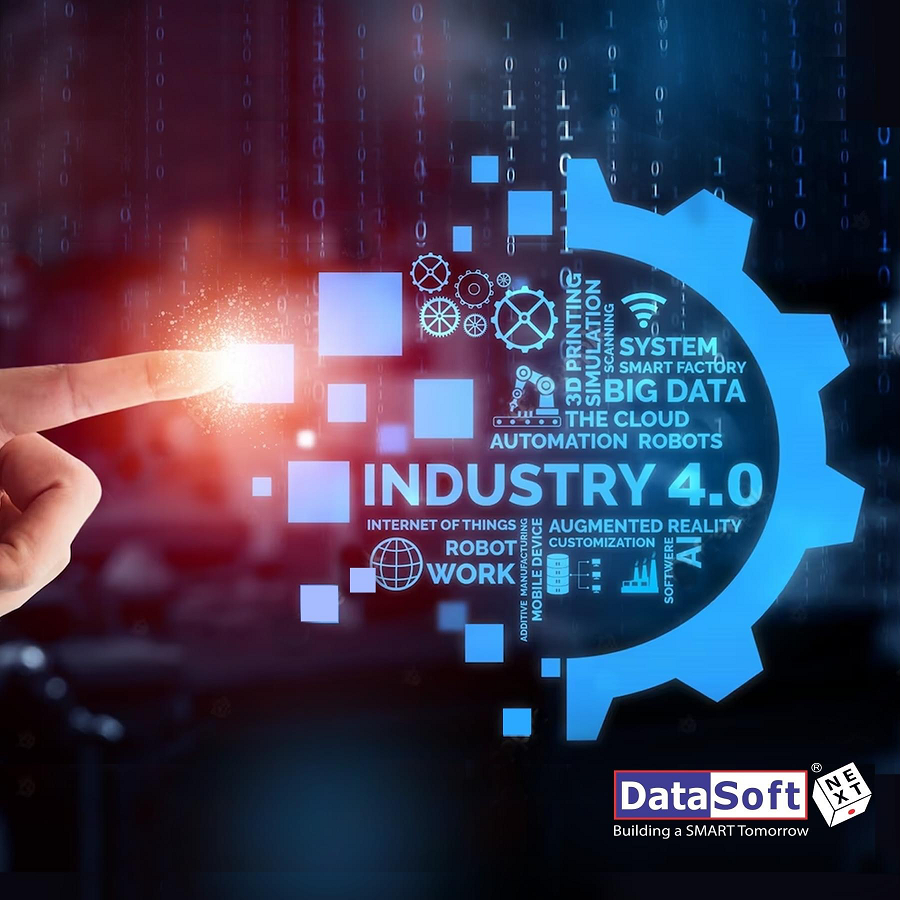What is Machine Learning?
Machine Learning is a branch of Artificial Intelligence (AI) which is concerned with creating algorithms and models which allows computers learn and make predictions or judgments without any explicit program. Designing and creating computer systems that autonomously learn from their experiences and get better over time, without explicit instructions, is the focus of this field.
Machine learning is fundamentally the process of developing mathematical models and algorithms that recognize patterns and relationships in data. Large datasets of labeled data with known target outputs or outcomes are used to train these models. The models can now recognize patterns, forecast outcomes, or take actions based on fresh, unexplored data thanks to this training process.
Machine Learning Algorithms:
Computers may discover patterns and make predictions or choices based on data using machine learning algorithms, which are mathematical models and methodologies. The fundamental building blocks of machine learning systems, these algorithms are created to automatically and implicitly extract useful information from incoming data. There are different types of machine learning algorithms. Most often used algorithms are: Linear Regression, Logistic Regression, Decision Trees, Random Forest, Support Vector Machines (SVM), Naive Bayes, K-Nearest Neighbors (KNN) etc. Each of these algorithms are suited for different types of problems and data characteristics.
Why is Machine Learning important?
“Machine learning will automate jobs that most people thought could only be done by people.”
~Dave Waters
Improved Automation and Decision-Making: Software can use machine learning algorithms to automate operations that formerly required human intervention and make data-driven choices. Machine learning enables software to handle and analyze massive volumes of data, enabling it to do predictive analytics and recommender systems, offering insightful information for businesses. Machine learning-based automation increases effectiveness, lowers mistake rates, and frees up human resources for more strategic work. Software programs which use machine learning algorithms can automate intricate procedures, personalize user experiences, and optimize processes.
User Experience Improvement: User experiences could be completely changed by machine learning if interactions are personalized and software is made to be more understandable. Chatbots and virtual assistants can comprehend human requests and emotions from natural language processing (NLP) and sentiment analysis. Object identification, facial recognition, and augmented reality applications are made possible by image and video recognition algorithms, which improve user interfaces. Machine learning algorithms may adapt and customize software interfaces to individual tastes by continuously learning from user behavior, resulting in smooth and customized experiences.
Challenges and Opportunities: While machine learning presents the software business with tremendous prospects, it also has drawbacks. Consideration must be given to issues like algorithmic bias, data quality, and privacy. To properly create and implement machine learning solutions, skilled individuals are required. To fully utilize machine learning in software development, collaboration and the exchange of best practices are essential.
Global technology leaders i.e Google, Microsoft, Facebook have been at the forefront of machine learning advancements. By enabling improved decision-making, automation, and customized user experiences, machine learning is revolutionizing the software sector. We may anticipate software solutions that are smarter, more effective, and able to create excellent user experiences as software developers continue to apply machine learning algorithms and methodologies. The software industry will enter a new era of innovation and revolution as a result of embracing the promise of machine learning.





